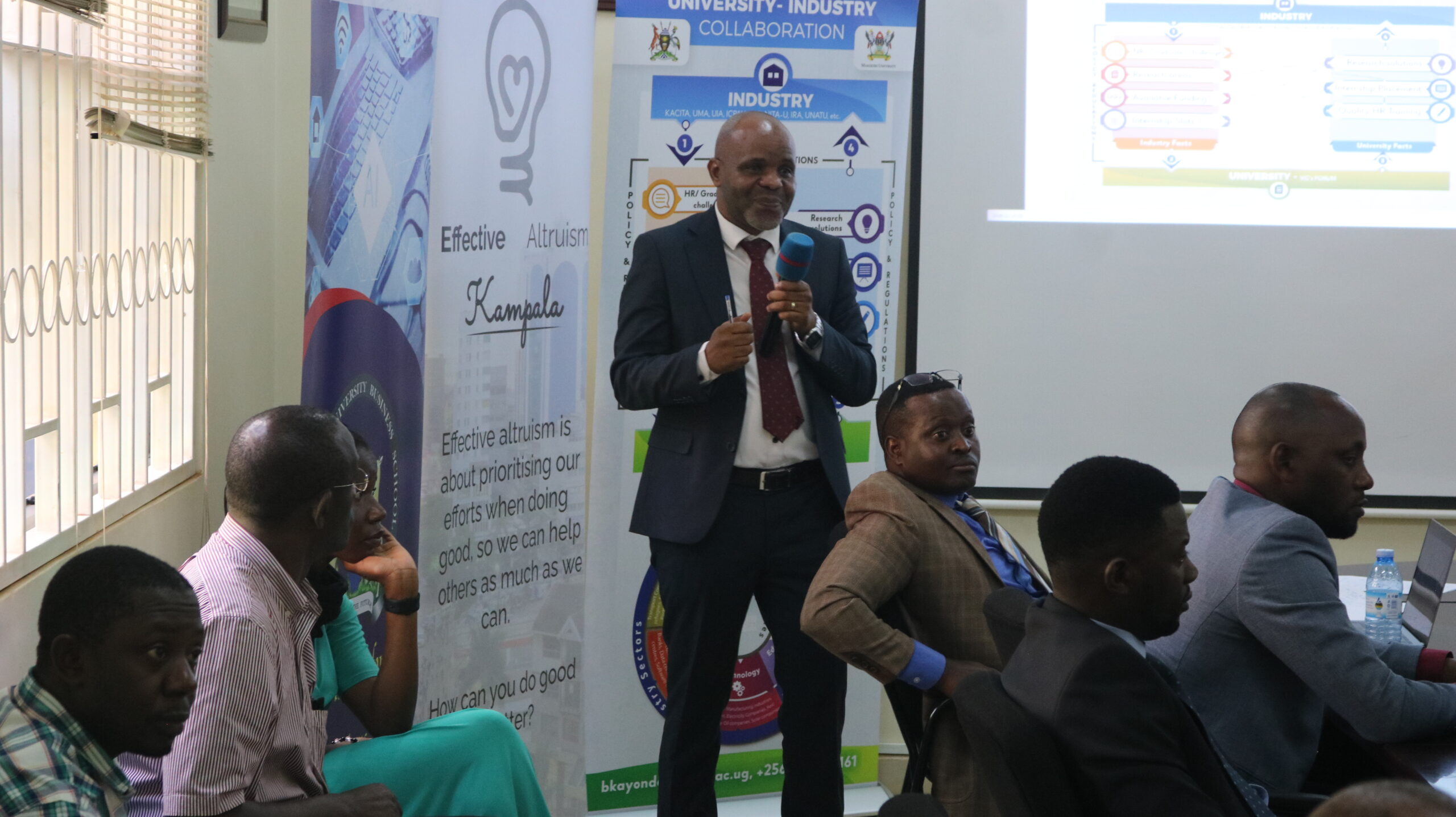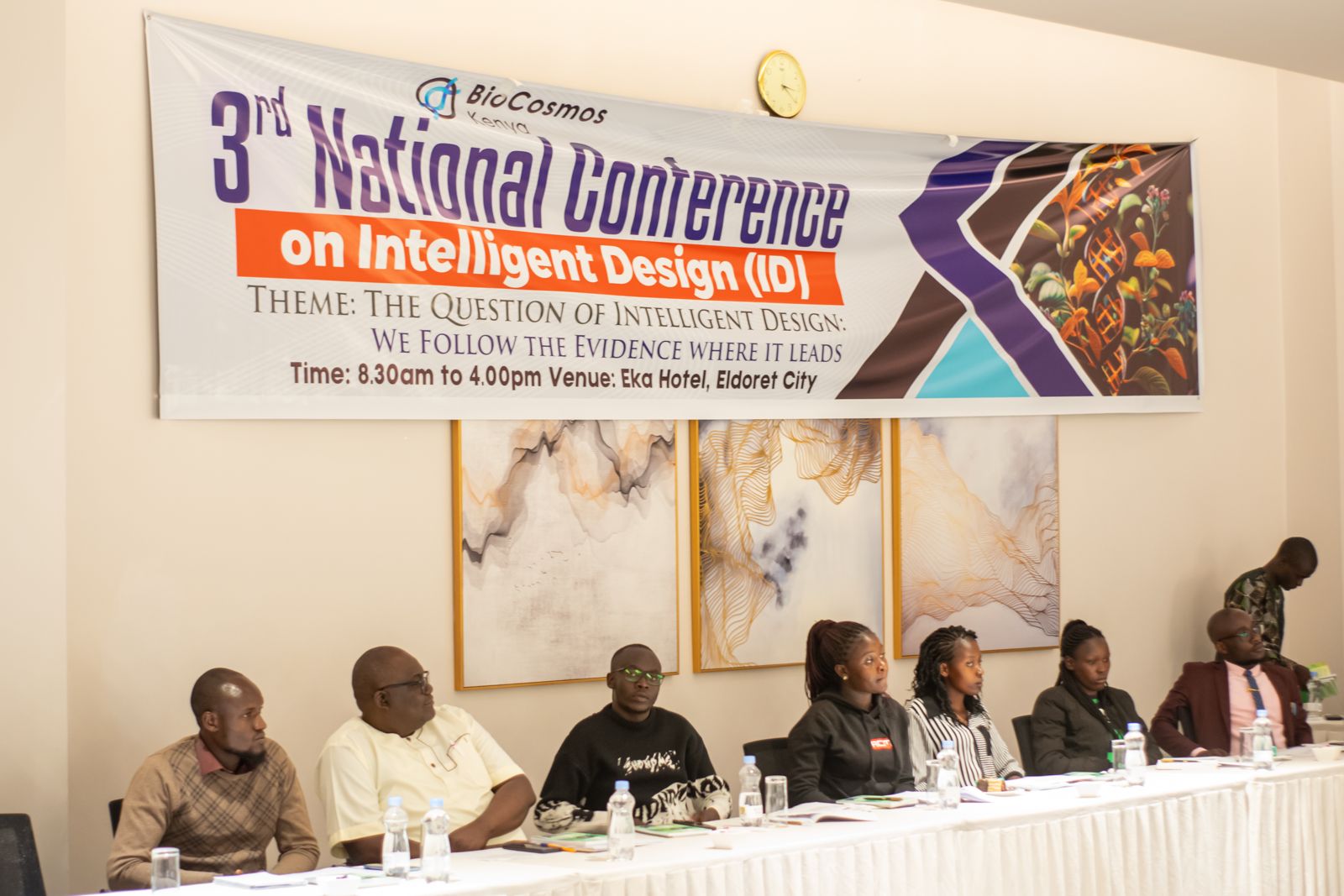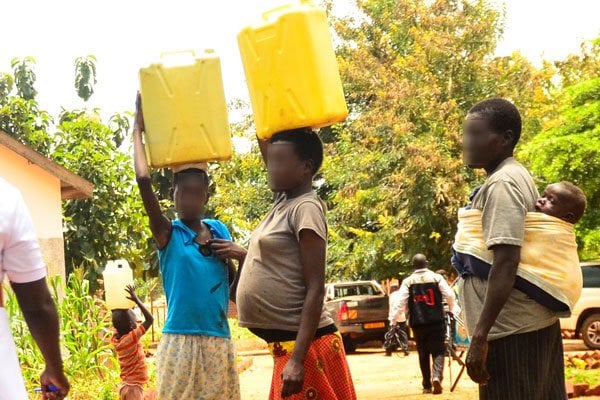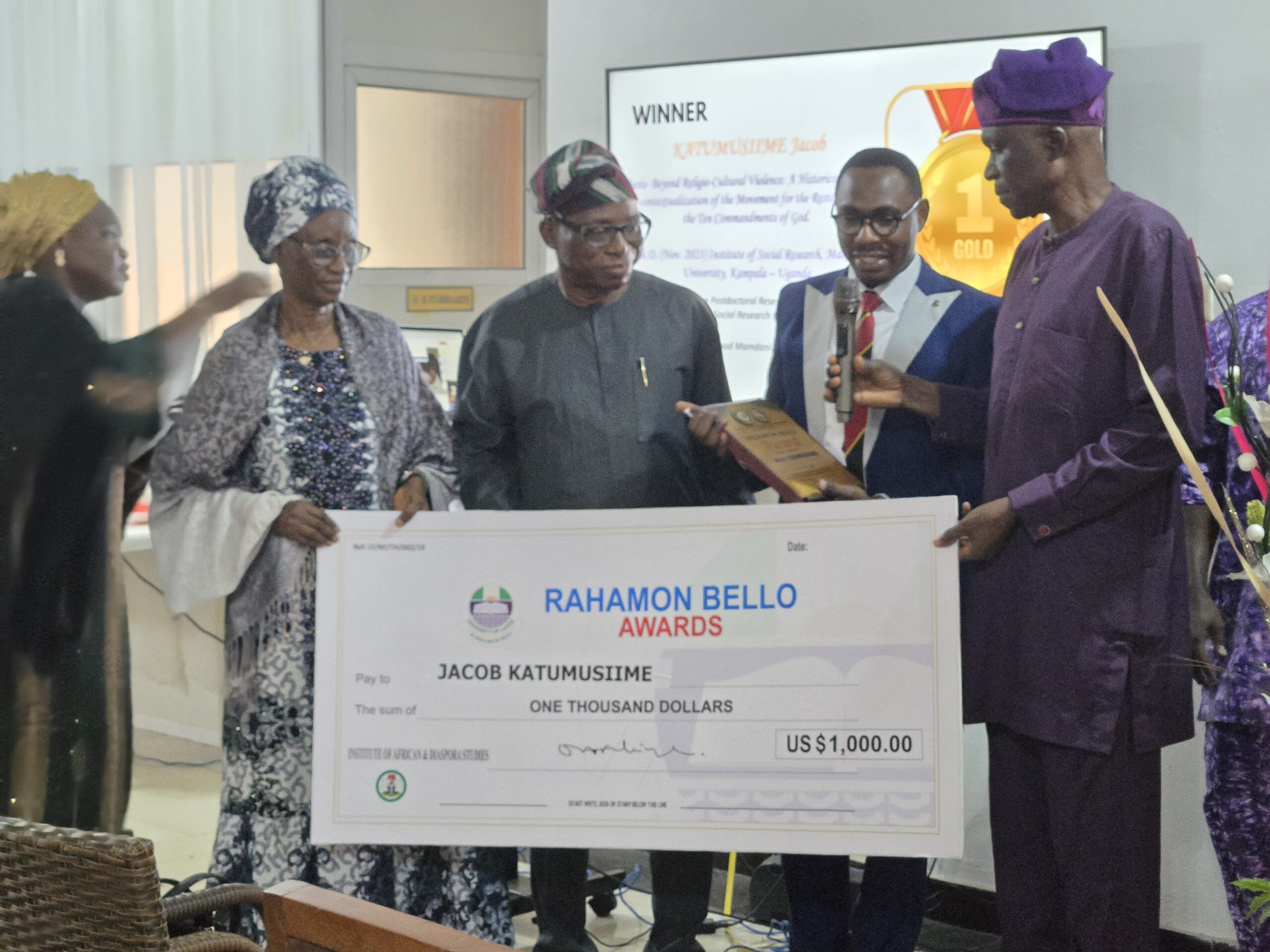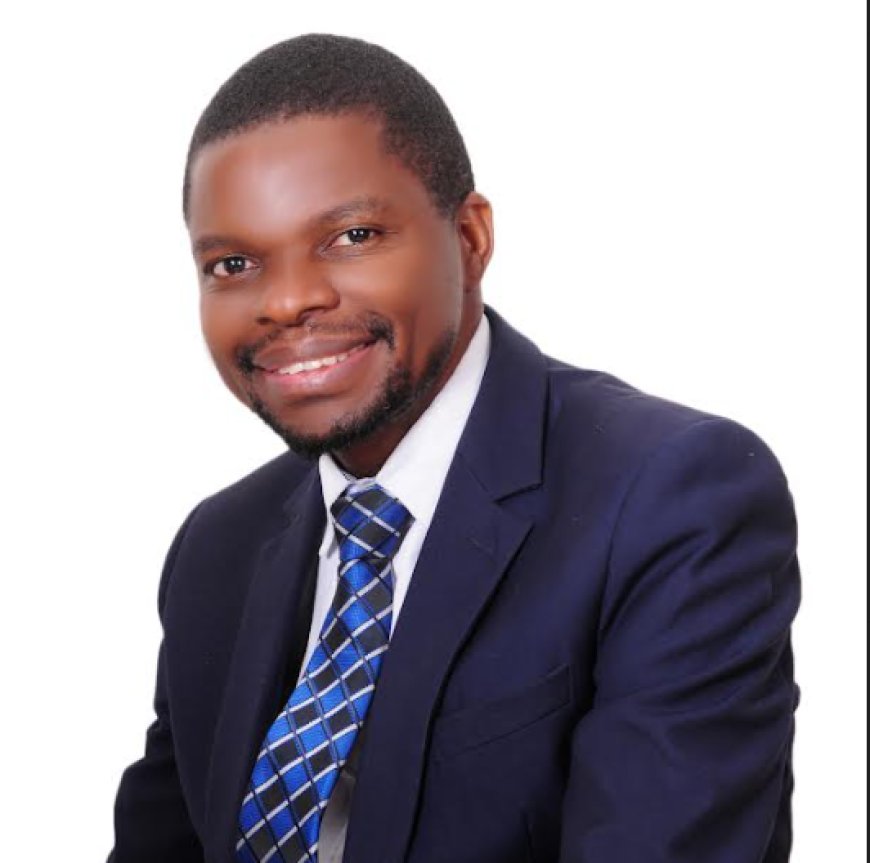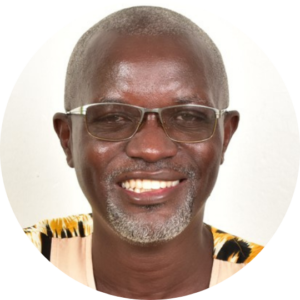Makerere, Uganda – As the prized Parish Development Model (PDM) continues to suffer a number of corruption and implementation setbacks across most of the country, Makerere University Vice Chancellor, Prof Barnabas Nawangwe, has revealed that researchers at the institution are working on a study to better its performance.
Speaking at a press conference for the launch of a regional node for the African Open Science Platform (AOSP) taking charge of the East African region at the Frank Kalimuzo Central Teaching Facility, Prof Nawangwe said the results will lead to the establishment of a PDM lab from which implementers can pick practical implementation recommendations to make the model succeed.

“PDM was started and implemented hurriedly and a few mistakes we see posed serious research questions which our researchers are addressing. Very soon their results will be made public and will go a long way in helping to establish a PDM lab from which policymakers will seek practical implementation solutions to support the model,” he said.
After a very rigorous and competitive process, the National Research Foundation (NRF) of South Africa recently selected the Makerere-based African Institute for Capacity Development (AICAD) to handle the regional node.
AICAD is a regional organization charged with linking university-generated technologies to the communities to fight poverty with headquarters at Jomo Kenyata University of Agriculture and Technology. AICAD has country offices located at Makerere University in Uganda, Sokoine University of Agriculture in Tanzania, and Egerton University in Kenya.

Prof Nawangwe emphasized that research and development are essential for a country’s progress, and universities play a pivotal role in fostering innovation.
He expressed his commitment to working with AICAD to coordinate member universities and research agencies in pursuing open science initiatives.
The Vice-Chancellor highlighted Makerere University’s strategic plan to transform into a research-led institution and its focus on multidisciplinary research and engagement with industry.
He also emphasized the need for South-South linkages in addressing unique challenges faced by institutions in the global South, particularly in sub-Saharan Africa. Prof Nawangwe highlighted the opportunity presented by AICAD’s hosting of the regional node for AOSP, allowing universities from Uganda, Kenya, and Tanzania to collaborate and find appropriate solutions to research problems specific to the region.
Prof Nawangwe underscored the importance of research in addressing critical issues such as population growth, youth unemployment, urbanization, and public health challenges.
He expressed optimism that the collaboration facilitated by AICAD and AOSP would harness the region’s full potential and contribute to sustainable development.
“AICAD’s major aim to help reduce poverty through scientific research and sharing it with the community. We will do all we can to achieve this and this new platform is a good initiative that will support our strategic direction towards a research-led university,” Prof. Nawangwe concluded.The Country Director of AICAD, Dr. Gastone Ampe Tumuhimbise revealed that the platform will initially receive support funding from NRF but subsequently, it will be

